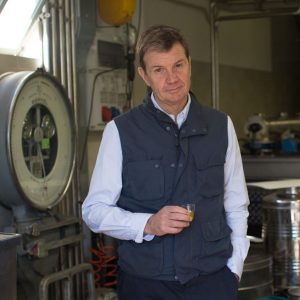The 2030 Agenda for Sustainable Development of the United Nations, the Strategic Sustainable Development Plan of the European Green Deal and the consequent “From farm to fork” strategy for a fair, healthy and environmentally friendly food system have had the merit of putting the theme of sustainability – declined in the 3 macro-areas: environmental, social and economic – at the centre of the political and economic debate: an ambitious goal that requires radical changes to succeed!
The challenge for the agri-food sector is to achieve environmental sustainability without negatively impacting economic sustainability for all those involved in the various value chains, and this while maintaining high-quality standards.
In the olive oil field, quality has long been the focus of the attention: both from an analytical, organoleptic, nutritional point of view and in terms of food safety, traceability and, for niche products, the link with the territory.
As regards the respect for the environment and the salubrity of the product, the spread in “organic” cultivation techniques in olive growing represents an important step forward, but much still needs to be done to reach full sustainability. Other than banning the use of synthetic chemicals as fertilisers and in plant protection, there are still many critical points in the agricultural phase that need to be addressed, ranging from the rational use of water resources to the recovery of by-products to the correct use of vehicles and machinery.
Taking into consideration the increased consumer awareness of the difficulties set by climate change and the environmental decline, choosing more sustainable solutions in the olive oil supply chain should result in an added value for the product, if it is indicated on the label. In this regard, it is essential that there is a standardization at EU level of the requirements needed to obtain the Environmental Sustainability Certificate for the olive oil supply chain.
Recent studies regarding the ability of an olive grove to reduce CO2 emissions by retaining biomass and therefore carbon particles are also very encouraging. The reduction of the carbon footprint (a parameter that indicates how human activities impact the environment) would follow the example set by the forest industry and would guarantee would guarantee for all involved “carbon credits” that can be easily turned into cash.
In conclusion, there are many challenges to be faced in the immediate future, and one of them is going to be having environmentally friendly and economically viable solutions for the management of the olive oil supply chain.
